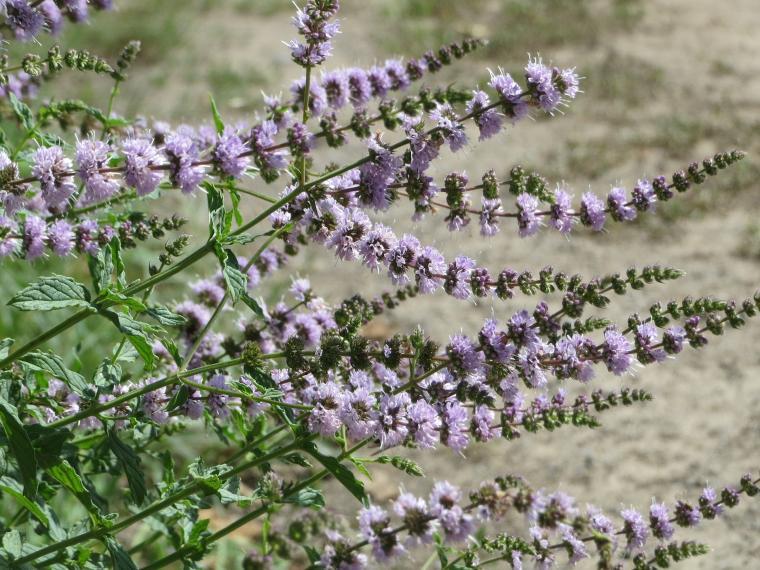
More than a decade of research and collaboration culminated in a recent University of Guelph study that spanned multiple disciplines. Researchers from various departments, ranging from Plant Agriculture to Human Health and Nutritional Sciences, worked together to study the effects of spearmint tea on osteoarthritis.
The conception of the study dates to 2009, when professor Dr. Laima Kott of the Department of Plant Agriculture created a special breed of spearmint. Spearmint naturally contains a chemical called rosmarinic acid (RA), which has been shown to have anti-oxidative and anti-inflammatory properties. However, natural spearmint contains only small traces of RA.
Professor Kott’s spearmint breed, termed clone 700B, contains 20 times more RA than natural spearmint. Such high concentrations increase the likelihood of the plant having a noticeable impact on health. Because of its enhanced anti-inflammatory properties, clone 700B was a compelling nutritional intervention to study, especially for inflammatory diseases like osteoarthritis. Osteoarthritis is a disease characterized by a breakdown of cartilage that is mediated partly by increased inflammation. This is when Dr. Wendy Pearson, a Post-Doctoral Fellow in the Department of Plant Agriculture at the time, joined the team.
Pearson collaborated with Kott and the Department of Clinical Studies at the Ontario Veterinary College to test the effects of clone 700B in horses. Together, the researchers discovered that horses who consumed diets supplemented with the high-RA spearmint reduced levels of inflammatory molecules in their knee joint compared to horses that did not consume RA.
The promising results of the horse study provided a rationale for studying the benefits of the high-RA spearmint in humans. To accomplish this goal, professors Drs. Amanda Wright and Alison Duncan, together with Ph.D. student A. Erin Connelly, and Human Nutraceutical Research Unit managers Hilary Tulk and later, Dr. Amy Tucker, joined the collaboration. This team of U of Guelph experts set off to determine whether the benefits of this high-RA spearmint would also help people with osteoarthritis.
Stay tuned for a deeper dive on this human study in a future news release!
